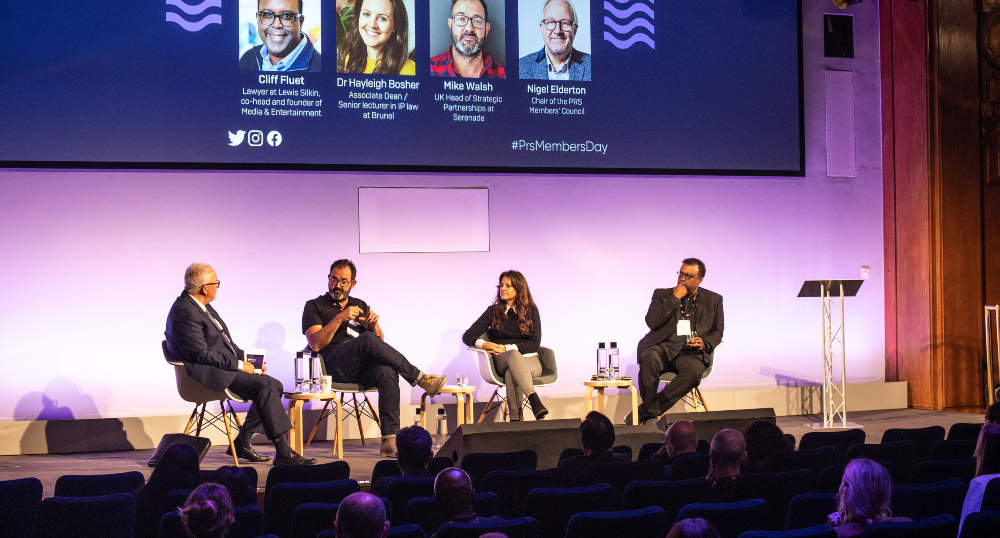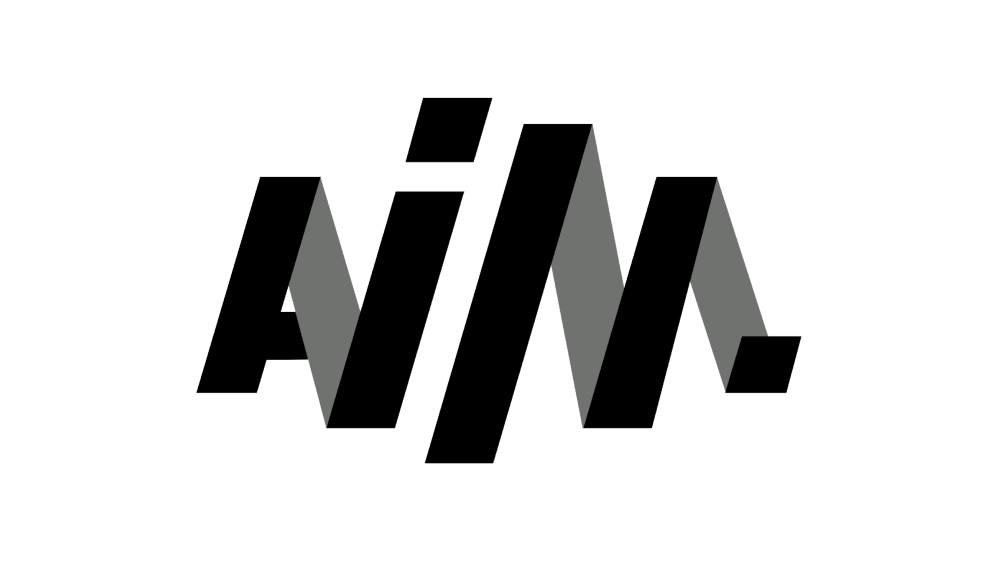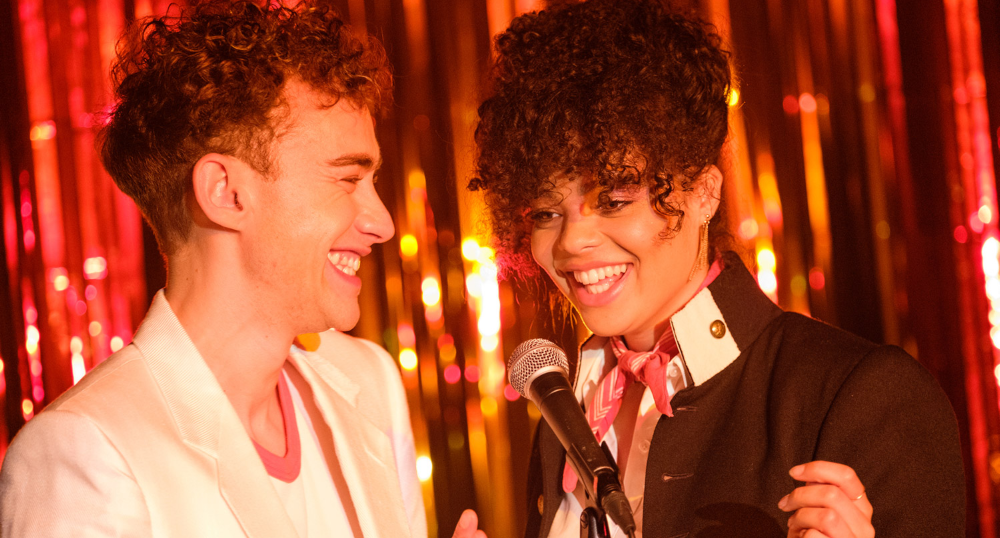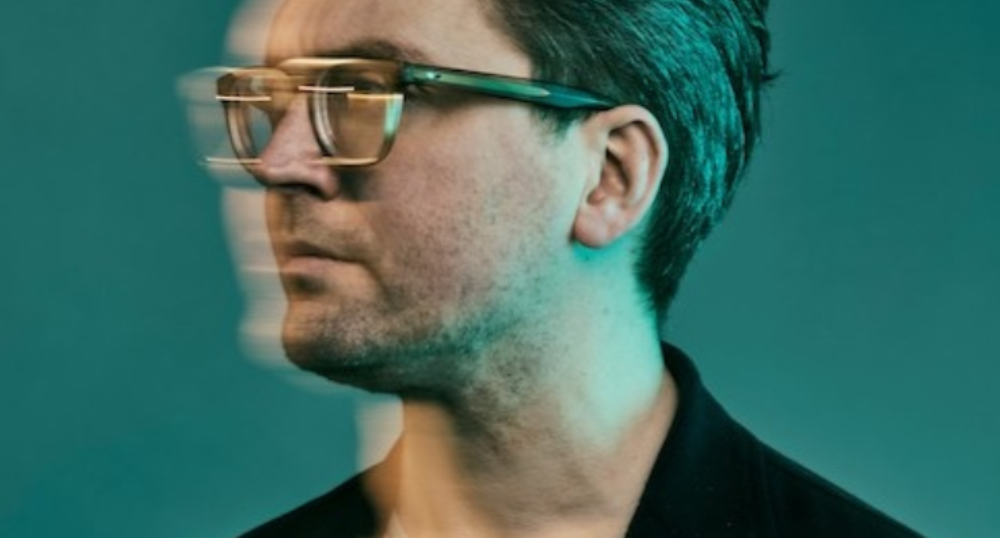On Wednesday 25 May, guests at PRS’ London Members’ Day 2022 received an education in all things Non-Fungible Token (NFTS).
It’s a landscape that’s undeniably intimidating for those not well-versed in crypto, but with the music industry embracing NFTs, it’s key that both artists and fans get to grips with the basics before diving headfirst into the digital universe.
During the panel hosted by PRS Members’ Council chair Nigel Elderton, Cliff Fluet, Dr Hayleigh Bosher and Mike Walsh, discussed the opportunities for music creators to make money through NFTs and the risks that are attached.
Here's what we learnt.
So, what is an NFT?
NFT stands for Non-Fungible Token.
A fungible item is something that can be replicated and exchanged for items or services. For example, you could exchange a £10 note for two £5 notes and the value is the same. A non-fungible item is something that has unique or irreplaceable value based on the buyer’s sentiment and/or market dynamics.
The owner of an NFT doesn’t own the underlying intellectual property. They instead own a certificate of authenticity — a bit having a blue tick on Twitter or Instagram.
As Cliff Fluet puts it, ‘NFTs represent a great opportunity for the music industry to monetise their assets regarding the verification of digital ownership.'
What immediate opportunities are there for creators?
Artists and creators can now sell things that they couldn’t sell before, so there’s an opportunity there for additional revenue. But for an NFT to be successful, it has to be exclusive — NFTs are, ultimately, collectables.
The purpose of NFTs in music is to give ownership back to creators and fans. Mike Walsh says, ‘Digital music doesn’t feel particularly high value, but if you can create digital products that have provenance and are limited, you can bring that sense of ownership back into it.’
So, for example, while albums aren’t necessarily exclusive — they can obviously be ripped — you can create digital pressings of an album as if it were a limited vinyl. If there are only 1,000 released, one person would have number one and another would have 999, and while they’re having the same experience, what they own is unique.
In the physical word, you take a limited-edition vinyl and sell it on to Discogs, for example, you might make a profit but that would be the end of the commercial experience for the artist. If it’s a limited pressing attached to an NFT, every time that’s sold — and hopefully it appreciates in value because there was only a certain amount ‘pressed’ — the original creator gets 15 percent from the gross at sale… forever.
Cliff Fluet says, ‘As an industry, we have a habit of obsessing over the form rather than the substance. We spent so long worrying about mp3, we forgot what we could do, and I’m concerned we’re in this space with NFTs. How can we capture more value and enable ourselves – without in any way undermining the right? How can we participate in every element of the value chain in the way, for example, the NBA are, or Nike are? That’s the opportunity.’
How is this all monitored?
This is all monitored through something called a smart contract which is a bit of code which sits on the Blockchain — which is essentially a public ledger — but it’s immutable and it can’t be corrupted. The smart contract lives forever and can’t be broken. Mike Walsh says, ‘Never before in the history of art has something been created which you can get a constant royalty from every single time it’s sold on automatically.’
What are the misconceptions around NFTs?
There’s been a lot of noise about what it can be and what it has been, but as Mike puts it, ‘not a lot of real talk about how it can be friendly to future artists.’
He says, ‘Those big high profile, high commercial value drops actually said to the majority of music fans, “This isn’t for you” — people that don’t own crypto and can’t afford to get involved in a Steve Aoki drop.
‘When we did the Brit Awards we sold £10 NFTs — they happened to be for charity — but that was great because it was turning the narrative of the space on its head. We want NFTs to be for everybody. We worked with the Kooks and they did £30 NFTs, keeping it in line with the price of their merch. That’s how we describe it to artists — it’s digital merch but you get a royalty.’
What are the legalities in all this?
It’s not just a case of choosing an NFT and buying it. There are contracts that have to be navigated.
First of all, you have to make sure that you own the copyright of the thing you want to NFT. If you’re already contracted to a publisher or a record label, you probably don’t own the copyright and you could be sued for infringement for NFT’ing your own song. You need to look at all of the contracts you already have in place as a starting point. There’s also going to be terms and conditions for each platform which essentially act as another contract and will determine what can and can’t be done with your NFT on that platform.
Dr Hayleigh Bosher says: ‘The biggest risks are being sued and/or not making any money.’ She stresses, ‘You have to be sensible about what you invest in and what you expect back based on the market.
‘Platforms are protected. If you upload something that is infringing to the platform it’s you that will be sued, not the platform. You need to take responsibility to ensure you’re not infringing.’
M Magazine recently covered NFTs to find out what they really mean for songwriters.
If you want to find out more about Serenade, contact Mike Walsh.





